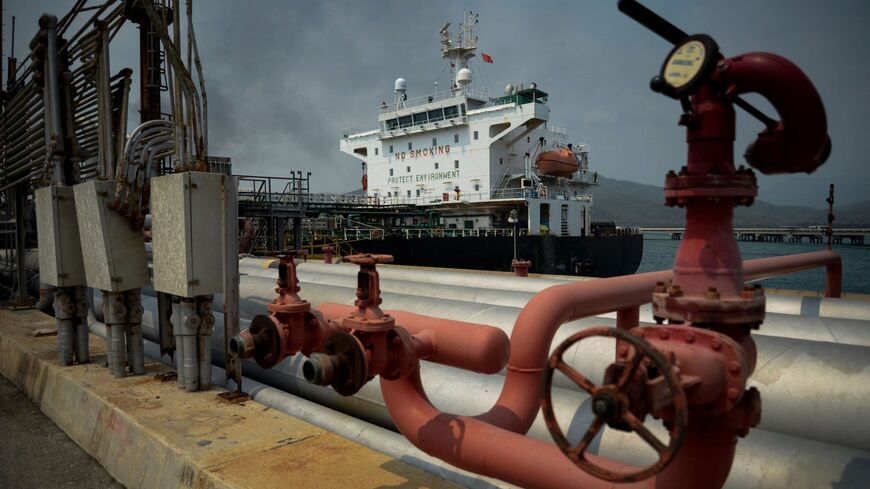VIENNA — Despite Iran’s increasing oil sales abroad, a diplomatic advance between Tehran and Washington before the 2024 US election wouldn’t flood the market, analysts told Al-Monitor.
As hopes for a return to the 2015 nuclear deal fade, the two longtime foes are said to be considering a lesser, potentially unwritten understanding to cool tensions. It could possibly include a prisoner exchange between Tehran and Washington. US Secretary of State Antony Blinken has stressed that while Washington is considering "diplomatic paths," he emphasized "there is no agreement in the offing."
There is interest on both sides in forging some type of understanding. US President Joe Biden would like to avert a major crisis with Iran running up to the 2024 election as he campaigns for a second term. A new arrangement with Tehran would avoid that danger and open the possibility of a revised nuclear deal in the future. Former President Donald Trump, who famously withdrew from the accord in 2018, is the Republican front runner to challenge Biden for the presidency.
But on Monday US special envoy for Iran Robert Malley was suspended pending an investigation into his handling of classified documents, throwing a shadow of doubt over the talks.
Paul Horsnell, global head of commodities research at Standard Chartered Bank, told Al-Monitor on the sidelines of the conference of the Organization of Petroleum Exporting Countries (OPEC) in Vienna that Iran has been increasing its oil output over the last year despite sanctions on the industry.
Indeed, Oil Price reported that OPEC’s secondary sources say that Iran’s monthly output for June was 2.679 million barrels per day, an increase of 2.544 milion bpd from May 2022. And at the OPEC Vienna meeting this week, Iran's Oil Minister Javad Owji claimed that in the past 20 months alone, Tehran has managed to secure deals worth $40 billion, including with regional ally Russia and neighboring states.
“It's not immediately obvious to me that there's a huge amount [of oil] that would come on [the market] were there to be a deal tomorrow,” Horsnell said.
However, if Iran continues to increase its output and sale, and an interim arrangement is reached, it could pose a headache for OPEC, which is looking to increase its influence after having lost a large share of it to US shale in recent years.
Bijan Khajehpour, managing partner of the Vienna-based consulting firm EUNEPA, discussed the possibility with Al-Monitor. “If such an understanding takes place," he said, "one of the measures Tehran would be interested in would be the issuance of waivers on Iran’s petroleum exports so that Tehran could increase its export volume. It is not clear whether it will happen and to what extent, but if it happens, there may be an option for Tehran to increase its current export volume by a few hundred thousand barrels."
He went on, "It won’t be a game-changing factor with regards to volume, but there could be a positive psychological impact on the market. Furthermore, the medium-term assessments will be shifted, as the de-escalation would lead to a higher likelihood of a new nuclear deal after the 2024 US elections.”
Callum Macpherson, head of commodities at Investec, told Al-Monitor that if a deal was agreed upon before the next elections and terms included the lifting of some sanctions, it could present issues for OPEC+, "as Iran won’t agree to limit its output after having been constrained by sanctions for so long." He added, “But whether or not talks are moving along in the background, I suspect we are a long way off any realistic possibility of them being lifted.”







